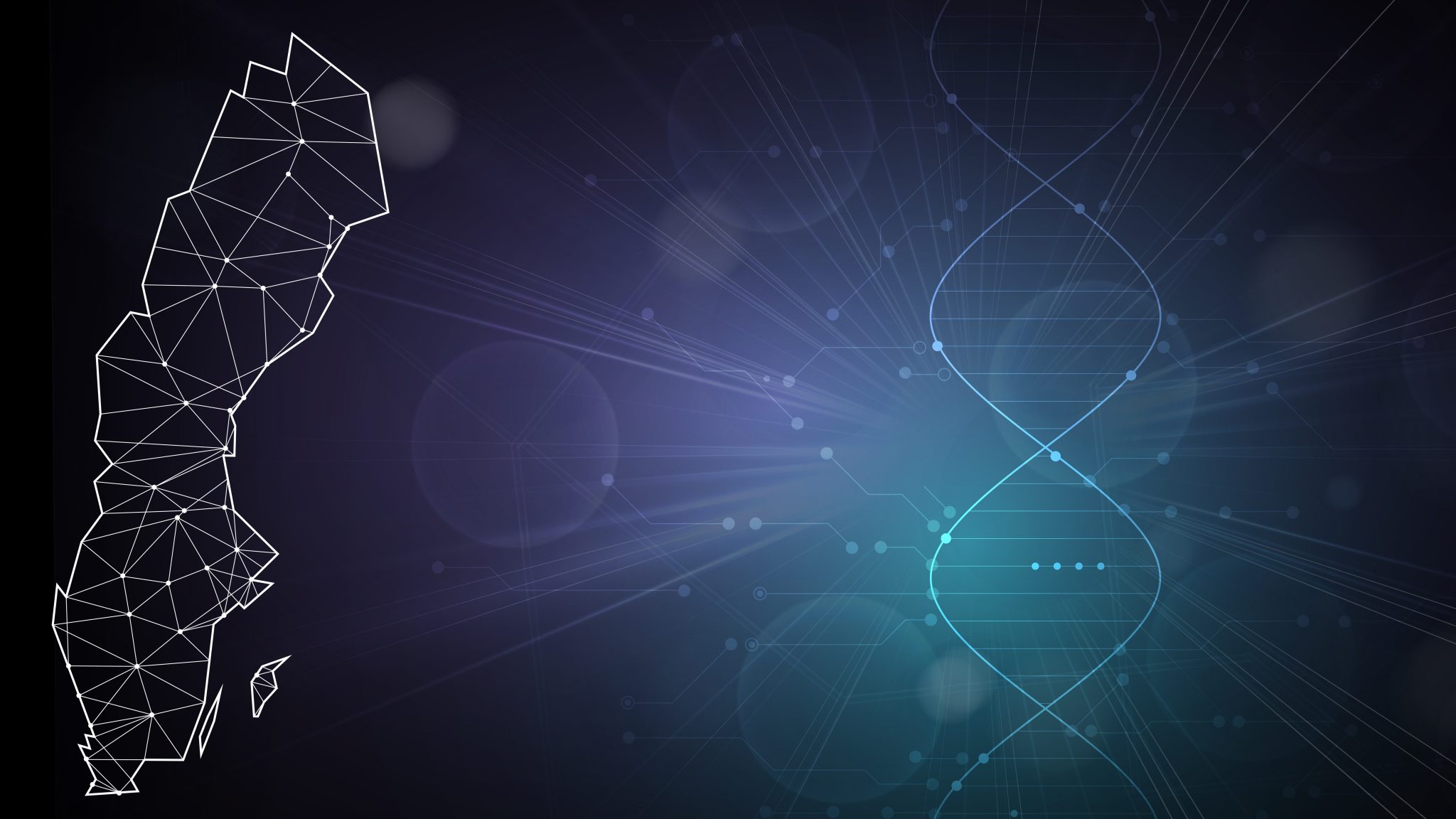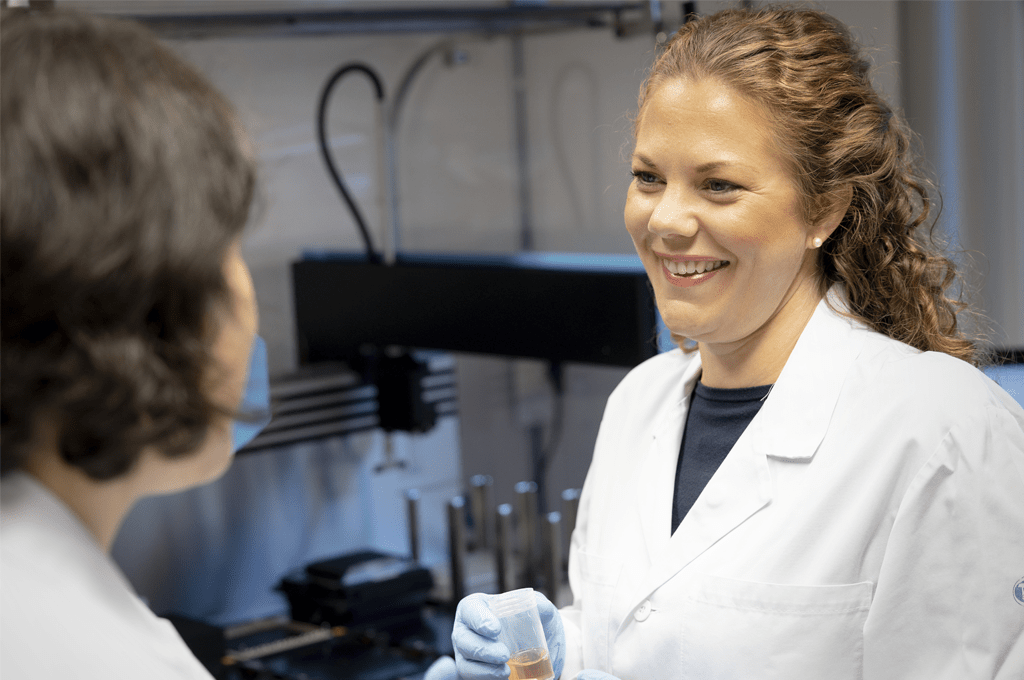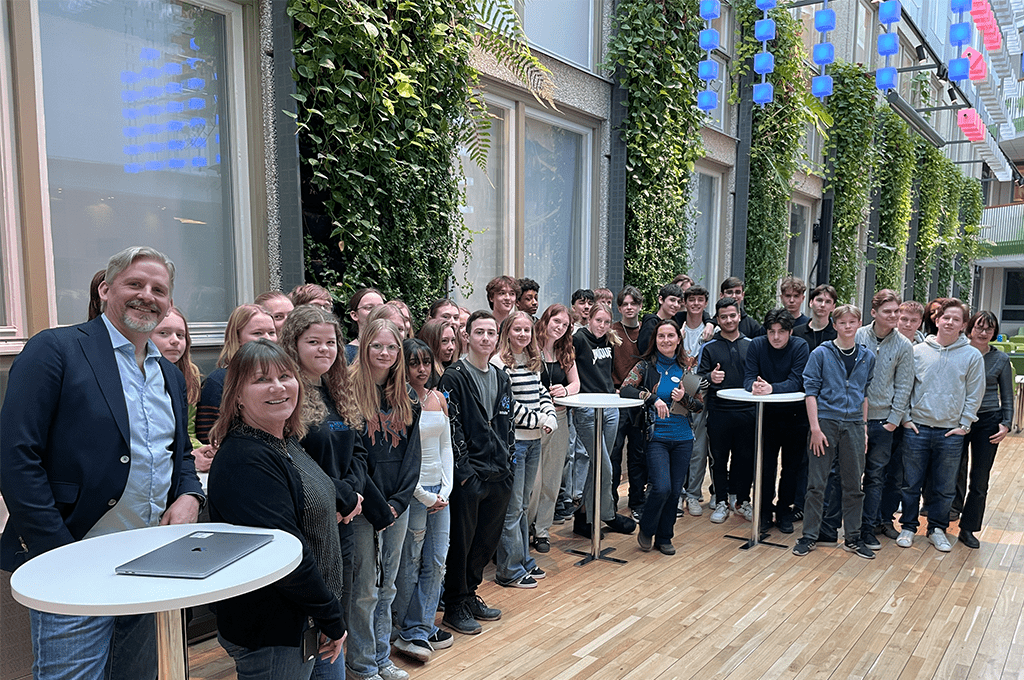Harmful genetic consequences from self-fertilizing plants spreading quickly
Climate change, leading to rapid changes in the geographical distribution of species, may cause losses in genetic variation and accumulation of destructive mutations. A new study by the group of Tanja Slotte (Stockholm University/SciLifeLab) and collaborators highlights why this is particularly problematic for self-fertilizing plants. The results are published in PNAS.
The researchers were able to demonstrate that the Alpine rock-cress (Arabis alpina) has re-colonized Scandinavia following the last ice age through only a few individuals, which has led to loss of genetic variation. This was likely possible due to the colonizing individuals being self-fertilizing, meaning that they could rapidly form new populations potentially starting from even a single specimen.
However, this phenomenon can have harmful genetic consequences, such as lessened biodiversity, reduced capacity of adapting to new conditions, and diseases. The study, which employs whole-genome sequencing, finds plants that use a combination of self-fertilizing and outcrossing to be less prone to accumulating harmful mutations. They even have about the same level of genetic variation as some exclusively outcrossing populations.
Read the full paper in PNAS




